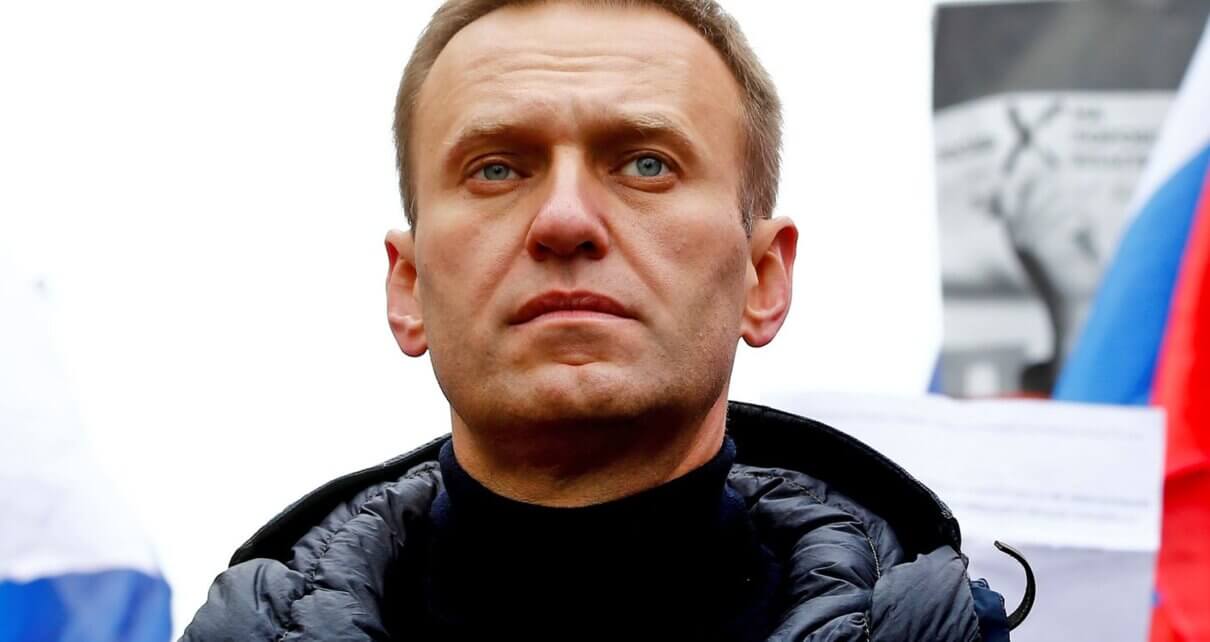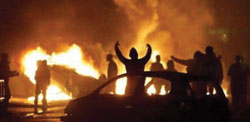Alexei Navalny, a prominent Russian opposition figure, passed away under suspicious circumstances in a Russian penal colony last weekend according to NBC. According to Russian authorities, Navalny “went for a walk after feeling ill.” Navalny rose to prominence as a vocal critic of corruption within the Russian government and President Vladimir Putin’s administration. His anti-corruption investigations, political campaigns, and grassroots activism garnered widespread attention both domestically and internationally.
Navalny’s activism often led to clashes with Russian authorities. He faced numerous legal challenges, including multiple arrests and convictions on charges that he and his supporters claim were politically motivated. One of the most notable incidents was Navalny’s poisoning in August 2020 with a nerve agent, an attack he and many international observers attributed to Russian state actors. Navalny fell critically ill in Russia and was subsequently airlifted to Germany for medical treatment. The suspected state-sponsored poisoning drew condemnation from world leaders and triggered calls for accountability from the Russian government, which obviously denied involvement.
After months of recovery in Germany, Navalny returned to Russia in January 2021, despite facing the risk of immediate arrest due to a supposed violation of his “parole” by receiving care in Germany. Upon his arrival, he was detained by Russian authorities for violating parole terms from a previous embezzlement conviction, which Navalny and his supporters denounced as politically motivated. Navalny’s arrest sparked protests across Russia, with thousands taking to the streets to demand his release and criticize Putin’s government.
Despite facing ongoing legal challenges and harassment, Navalny’s movement and influence persisted. His team continued to release investigative reports exposing corruption among Russian elites, further fueling public discontent. Navalny’s charisma and fearlessness in confronting the Russian government endeared him to many Russians, particularly among the younger generation, who saw him as a symbol of resistance against entrenched corruption and authoritarianism.
However, Navalny’s activities faced increased pressure from Russian authorities. His organization, the Anti-Corruption Foundation (FBK), was labeled as an extremist organization and effectively banned by the government, forcing him and his supporters to operate underground. Navalny’s allies and associates were also targeted, with many facing arrests, raids, and legal intimidation.
Navalny’s case remained a focal point for international human rights organizations and governments critical of Russia’s treatment of political dissidents. Calls for his release and demands for accountability in his poisoning continued to reverberate on the global stage, with Western governments imposing sanctions on Russian officials implicated in his persecution.
With it being an election year in Russia, Navalny’s death seems particularly suspicious. The vague circumstances surrounding his death make it sound like he “fell out of a 10th story window,” similar to how things operated in the Soviet era. All we can remember Navalny by is his activism, and hope that Russia is able to experience a true democracy in the future.


